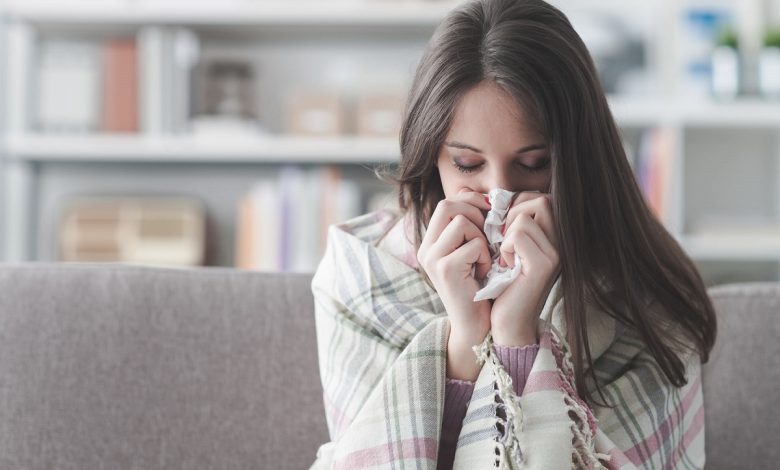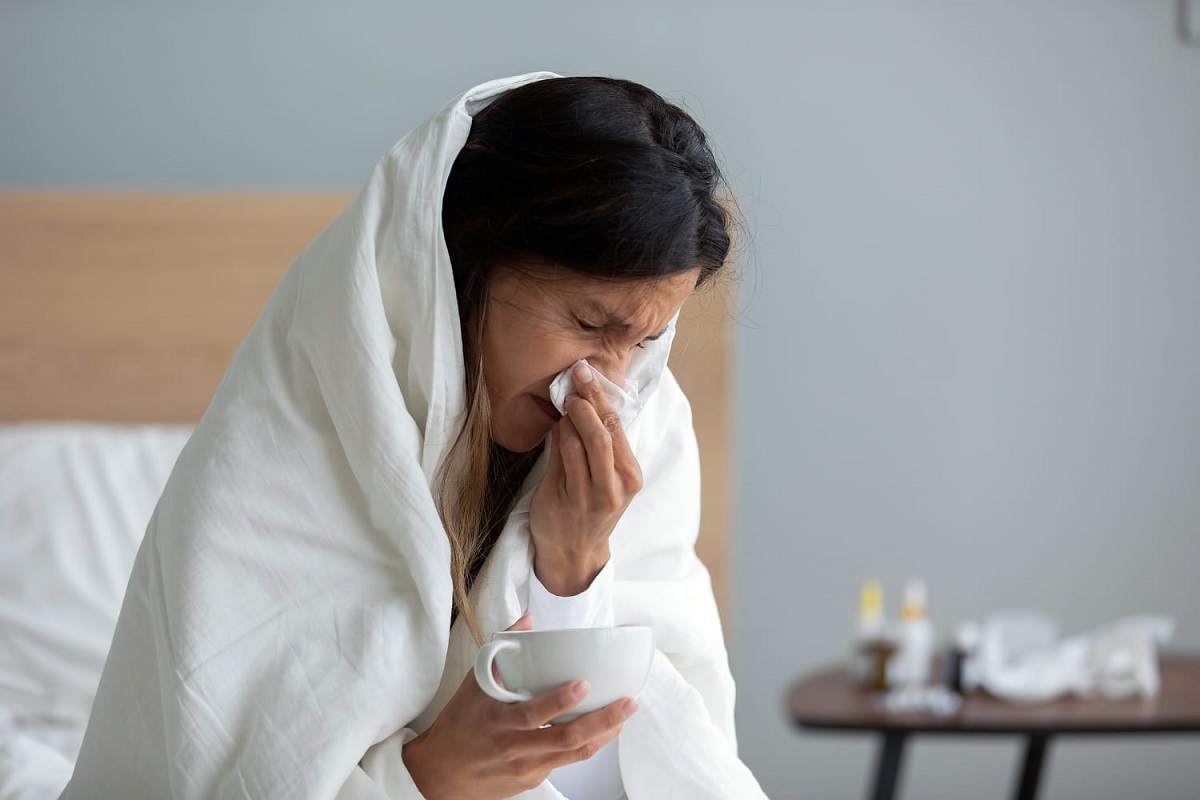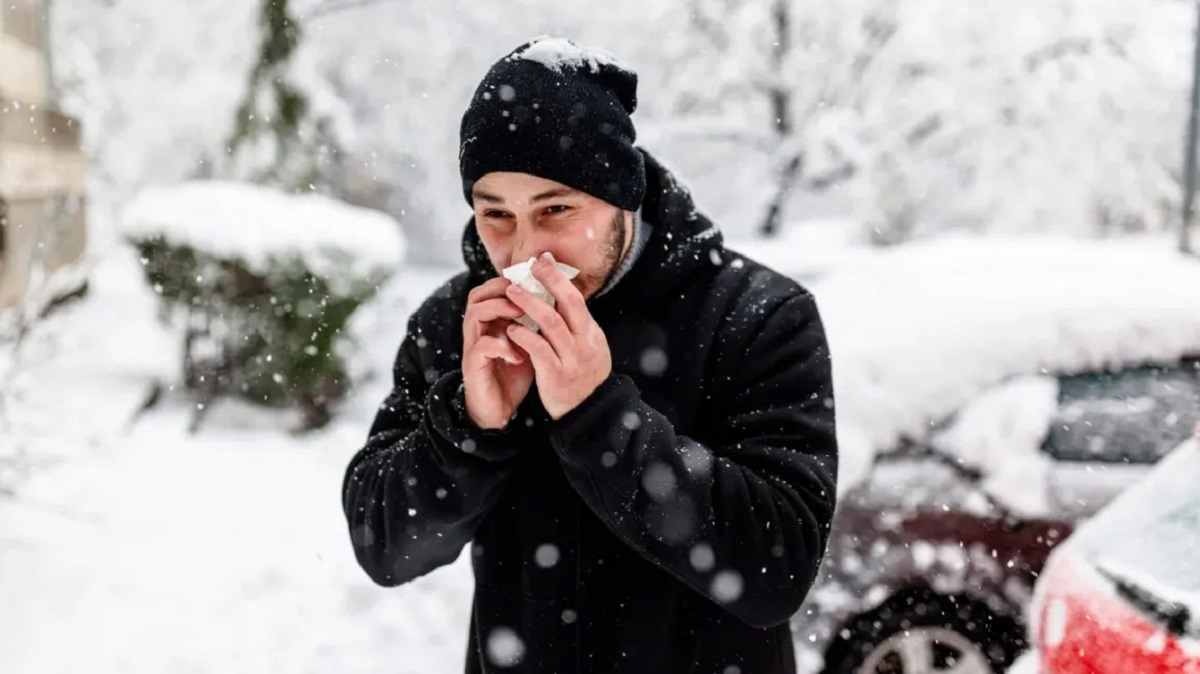Why Do We Catch More Colds In Winter? 3 Important Reasons

Colds In Winter: Winter is often associated with cozy nights, warm beverages, and unfortunately, an increase in colds and respiratory illnesses.
While popular belief may blame the chilly weather directly, the reality is more nuanced. Scientific research sheds light on how environmental factors, human behavior, and the nature of viruses themselves contribute to the spike in cold infections during the colder months.
Why Do We Catch More Colds In Winter?
The Science Behind Winter Colds

1. Environmental Factors
Colds In Winter, Cold temperatures and low humidity are prime conditions for many viruses, particularly rhinoviruses, which are responsible for the common cold. Studies indicate that at lower temperatures, the protective lipid layer of these viruses remains stable, making them more infectious. Furthermore, low humidity levels can dry out the mucous membranes in the nose and throat, weakening the body’s first line of defense against pathogens.
2. Human Behavior In Winter
The colder months drive people indoors, leading to close contact in poorly ventilated spaces. Schools, offices, and public transport systems become breeding grounds for infections, increasing the likelihood of virus transmission. Reduced exposure to sunlight during winter also lowers vitamin D levels, which are essential for immune function.
3. The Immune System And Cold Weather
Colds In Winter, Research shows that cold air can reduce blood flow to extremities, including the nasal passages, making them less efficient at filtering out viruses. Additionally, colder temperatures can slow the movement of cilia in the respiratory tract, which normally help to expel harmful particles.
Preventing Winter Colds

1. Maintaining Indoor Humidity
Colds In Winter, Using a humidifier to increase indoor humidity can help keep mucous membranes moist, reducing vulnerability to infections.
2. Strengthening Immunity
Consuming a balanced diet rich in fruits, vegetables, and lean proteins, along with supplements like vitamin D, can boost the immune system. Regular physical activity and sufficient sleep are also crucial.
3. Hygiene Practices
Colds In Winter, Frequent hand washing, avoiding touching the face, and disinfecting commonly touched surfaces can prevent the spread of germs.
Conclusion
Colds In Winter, While winter does not directly cause colds, the season creates an environment that favors the survival and transmission of viruses. By understanding these factors, individuals can take proactive measures to minimize their risk and stay healthier during the colder months.
Also Read:




